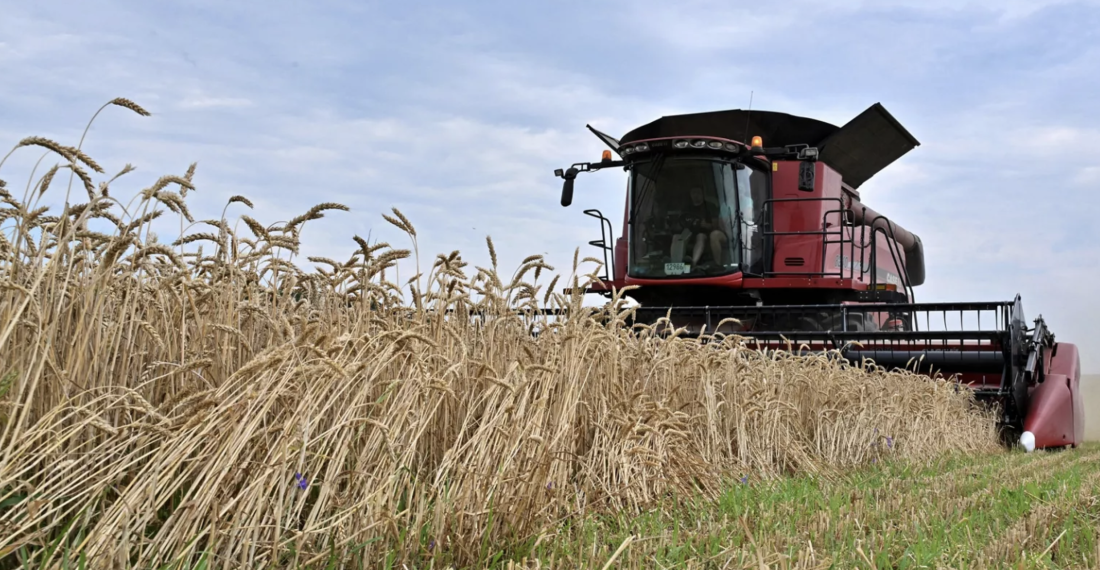On Monday (30 June), the European Commission and Ukraine reached an agreement on a trade deal for agricultural products. However, the European Council, which represents EU member states, still has to give its final approval.
Following Russia's large-scale invasion of Ukraine in 2022, the European Union temporarily suspended customs duties and quotas on Ukrainian agricultural products. The EU did this to support Ukraine: Russian warships had been blocking Ukrainian trade routes via the Black Sea, resulting in higher export costs.
Since then, however, farmers in neighbouring countries such as Poland, Hungary, Bulgaria and Slovakia have been protesting against what they see as unfair competition from Ukraine, which is not an EU member state. They claimed that Ukraine was flooding the European market with cheap grain, poultry and sugar.






